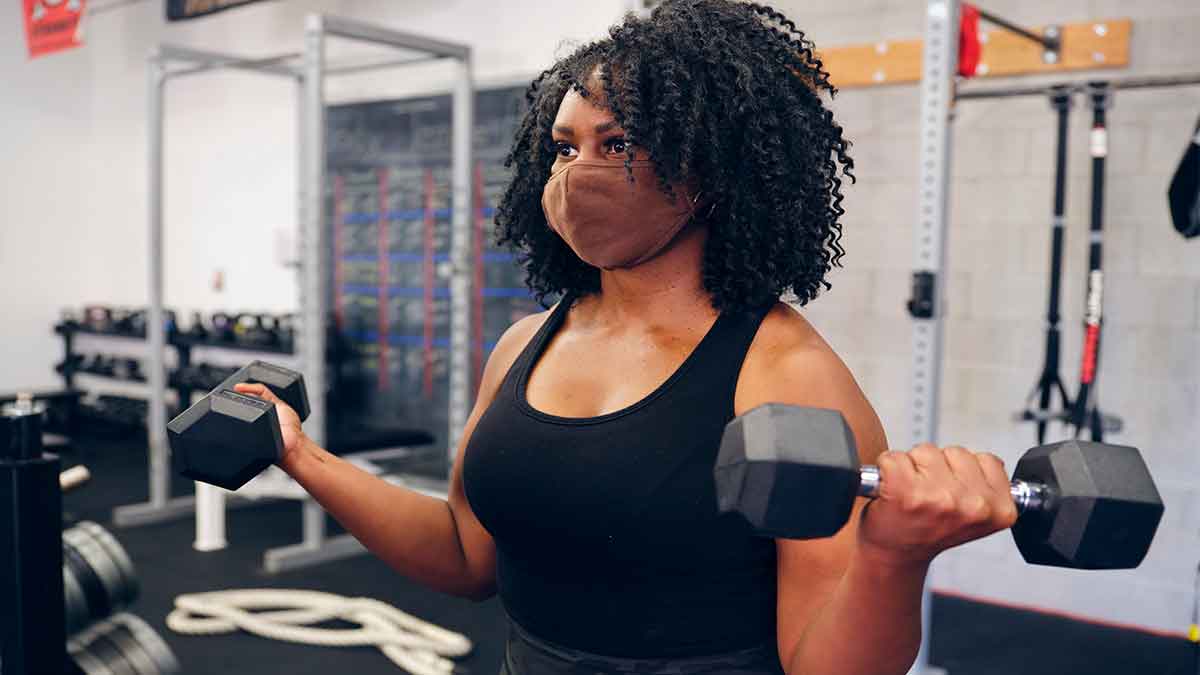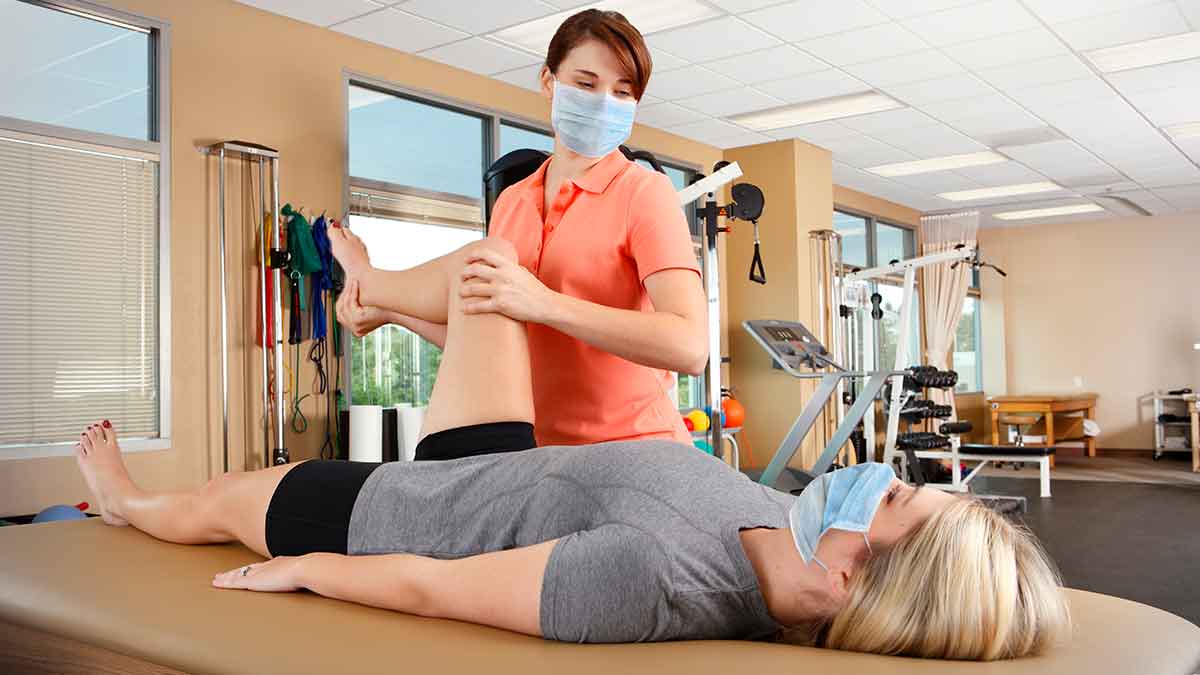How to prevent and treat muscle cramps

When we set out to exercise, play a sport or even do some heavy lifting, rarely do we think about the muscles we’re using and how that will affect us later. Muscle cramps come in many forms and can be a result of various factors.
Muscle cramps are involuntary contractions of skeleton muscle, and though they’re generally harmless, they’re usually self-limited, meaning they’re potentially preventable. Muscle cramps can occur in any muscle, but are most common in lower extremities, such as calves and thighs.
There are many reasons why muscle cramps can happen, such as dehydration, loss of muscle control or fatigue, and electrolyte imbalances.
Be careful of exercising or playing sports in the heat, as hot weather can lead to dehydration, causing muscle cramps.
While there’s no cure for muscle cramps, many preventative measures can be helpful. Increasing hydration and stretching, as well as rest, are all forms of prevention and treatment. Supplementation, including with potassium, magnesium and calcium, as well as medications, including anti-hypertensives, appear to have some success.
Some at-home remedies can also be beneficial, though there are few studies with results. Ginger, pickle juice, cinnamon and other market products may show some results. Massage techniques and forms of taping are also being utilized to treat cramps, but neither have consistent results.
Overall, most reported success is observational or anecdotal. Theoretical evidence exists for increased hydration and performing exercise such as endurance training to prevent cramps.
People who are older, pregnant, dehydrated or have other metabolic issues, including diabetes and kidney, liver or thyroid problems, may be more likely to experience muscle cramping.
If muscle cramping persists or is accompanied by other symptoms such as weakness, swelling in your extremities, skin changes, including redness, or are very painful, you should mention this to your doctor or get evaluated for other underlying causes.
Larry Nolan is a family and sports medicine physician at The Ohio State University Wexner Medical Center and an assistant professor at The Ohio State University College of Medicine.




